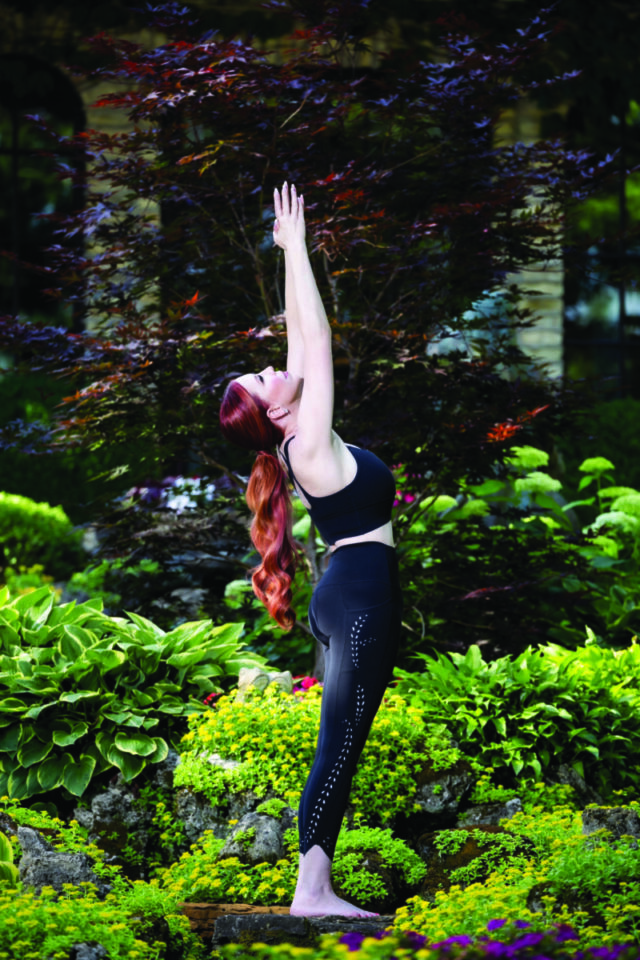
By Dr. Stacie Stephenson
In an era where personalized medicine, personalized nutrition and patient empowerment are in vogue, it’s important to remember that personalization starts at home. That is to say, personalization begins with you understanding you. Our bodies talk to us, but many of us don’t listen or don’t consciously register the messages we are receiving about the way we live. Yet, this is how to understand what you personally need to do for the healthiest, longest, and most vibrant life possible.
I often talk about the Vibrant Triad—the three most essential aspects of a healthy lifestyle that most dramatically impact how well your body and mind will function. These are diet, movement and stress management. But although I recommend certain dietary principles, types of movement and stress-management techniques, I always back away from being too strict about a particular or exact meal plan, exercise regimen or stress-reduction technique. That’s because your body knows what you personally need better than I ever could.
For instance, I like a lower-carb Mediterranean-style diet heavy on vegetables and seafood, light on grains and alcohol. That diet works for me, is widely studied and lauded, and is healthful for most people. But you personally might feel better with more whole grains or red meat in your diet. You may or may not do well with dairy. You may digest cooked vegetables better than raw ones, or find you need to go easy on the fruit, or avoid alcohol altogether. The only way you will really know what works for you is if you pay attention to how your body responds to different foods you eat—and not just what foods, but how much of them, how often, and at what time of day.
The same goes for movement. While I strongly believe that exercise is the best medicine, what kind of exercise works best for you is also highly individual and may change throughout your life. Some people thrive on intense cardio, while others feel better and less stressed with less cardio and more strength training, or with more stress-relieving exercises like yoga, swimming or walking in nature.
Finally, let’s talk about stress. We all carry stress differently. Some of us have more than others. For some, meditation is a lifesaver; for others, it’s excruciating. Coping, prioritizing, delegating, sleeping more, getting massages, strolling through the woods or along a beach—whatever relieves your stress is what matters. Just because something is supposed to be stress-relieving doesn’t mean it will help you if it actually stresses you out more.
So how do you get these messages your body is always trying to send you? Take a few minutes at the beginning and end of each day to check in with yourself. Does your stomach feel flat or bloated? Do you feel energized or drowsy? Is your thinking clear or cloudy? Does something hurt? Those signals are feedback on your lifestyle, and understanding that is the best way to design a lifestyle that is personalized for you. drstaciestephenson.com



